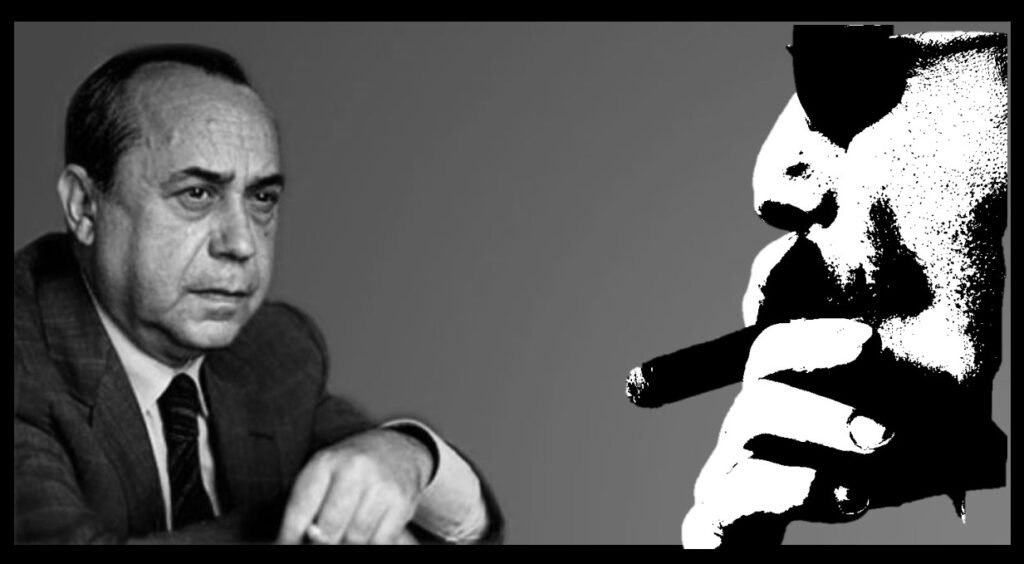Leafing through Sciascia in Search of the Meaning of Society, Power & Conspiracy
ABSTRACT
This piece argues that the philosophical bedrock of conventional social science, including political economy, is a collection of over-aestheticized platitudes (viz., “the great books of the West”), whose common thread is, for the most part, a utilitarian and tritely moralistic appreciation of the human condition and human behaviour in general. In the search for an alternative poetic phenomenology, it is here proposed that the fiction of Leonardo Sciascia (1921–1989) might be a more promising platform. Social scientists would be better off taking their literary cues from the Sicilian writer, whose insights on the physiology of power are here, as a result, subdivided and analyzed in the following sections: the elevation of “Sicily” to a standard categorization of modern societies; a typological description of woman and men; the facelessness of Mass-Man; the functionalism of the Mafia; society and power, Justice; fictional narrative; and theology.
Keywords: Sicily; Italy; Power; Mafia; Crime; South; Terrorism; Theodicy; Capital punishment; Literature; Theology; Psychology; Cultural studies; Sociology; History; Gender; Criminology; Democracy; Oligarchy; Conspiracy; Politics

